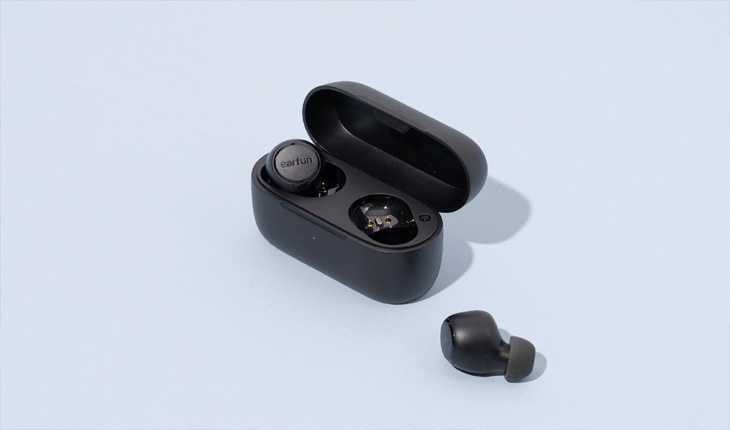When selecting headphones, it’s also important to consider additional features such as Bluetooth connectivity for wireless convenience, battery life for longer listening sessions, and durability for extended use. Reading customer reviews and comparing different brands and models can further aid in making an informed decision that aligns with your budget and desired audio experience. By taking these factors into account, you can find the perfect pair of headphones that meet your specific requirements and enhance your listening enjoyment.
Moreover, it is beneficial to consider the brand’s reputation for quality and customer service when purchasing headphones. Brands with a reputation for producing durable products and providing excellent customer support can offer peace of mind and assurance of a reliable investment. Additionally, checking for warranty coverage and after-sales services can further enhance the overall experience of owning and using the headphones. By conducting thorough research and considering these aspects, you can make a well-informed decision and enjoy your headphones for a long time. What are The Best Headphone Brand
When shopping for headphones, it’s essential to test the comfort and fit to ensure they are suitable for extended wear. Additionally, considering the design style and color options can help you find a pair that matches your personal style and preferences. Whether you prioritize noise-canceling technology, sound quality, or wireless connectivity, finding headphones that cater to your specific needs and preferences will enhance your overall listening experience.
Exploring headphone options from reputable brands known for their expertise in audio technology can also guide you towards selecting a high-quality product. Brands with a history of innovation and commitment to delivering superior sound performance may offer advanced features and technologies that elevate your listening experience. Furthermore, investigating the brand’s range of products, customer feedback, and expert reviews can provide valuable insights into the overall quality and performance of their headphones, assisting you in making a well-informed decision when choosing the best headphone for your audio needs.Which Headphone is Best Best Baby Headphones for Noise Protection
What is Noise Cancelling Headphones
Which brand is best for headphones?
The best brand for headphones largely depends on your needs, preferences, and budget. If you’re looking for high-quality sound and premium features, brands like Sony and Bose stand out. Sony is renowned for its noise-canceling headphones, such as the WH-1000XM5, which offer exceptional sound clarity and immersive audio experiences. Bose, on the other hand, is celebrated for its comfort and industry-leading noise cancellation, making it ideal for frequent travelers and audiophiles. Both brands combine innovative technology and durability, ensuring a top-notch listening experience.
For those seeking a balance between affordability and performance, brands like JBL and Audio-Technica are excellent choices. JBL headphones are known for their vibrant sound profiles and robust build quality, catering to both casual listeners and fitness enthusiasts. Audio-Technica is popular among professionals and music lovers for its studio-quality headphones, offering precise sound reproduction at a reasonable price. Whether you’re a gamer, a fitness buff, or a music producer, understanding your specific requirements will guide you toward the brand that best suits your needs.
Which headphone is best for the ears?
In-ear headphones or earbuds can also be safe for the ears if used correctly. Options like the Apple AirPods Pro or Samsung Galaxy Buds include active noise cancellation, which helps reduce background noise and encourages lower listening volumes. Proper fit is crucial; poorly fitting earbuds can lead to discomfort and potential ear damage over time. Regardless of the type of headphones you choose, maintaining moderate volume levels and taking regular listening breaks can go a long way in protecting your ears and ensuring a comfortable experience.

